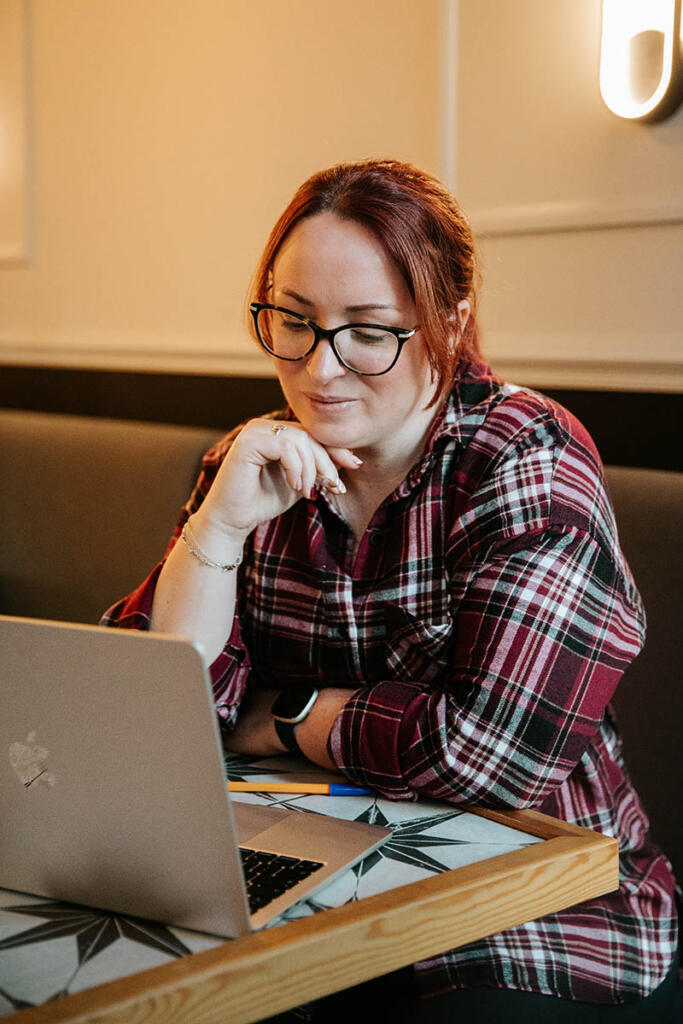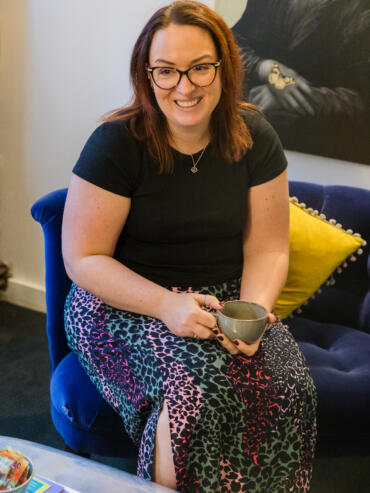If you’re thinking about entering the world of therapy, this can feel a little overwhelming at first. There’s just so many choices!
The main thing is finding someone you feel comfortable and psychologically safe with (that gut feeling of “I’m OK”), because the relationship between client and therapist (or in fancy terms the ‘therapeutic alliance’) has been proven to play a huge role in the success of counselling or psychotherapy.
I always explain to potential clients that I want to help them to find the right person for them. Setting out on this journey can feel daunting, and you might not know where to even start! Here’s a few ideas to help you:
• Think about what you want help with:
Many counsellors and psychotherapists specialise in certain areas and this can help you know what to look out for. That may be someone who is trauma-informed, works solely with work-related anxiety or focusses their support around bereavement.
This doesn’t mean that you need to be able to identify the exact problem and a clear set of goals for therapy (although some clients do), but if there is a specific issue you need support with, you may wish to think about whether this is a specialist area or whether you want something more general.
• Think about therapy style:
You may know that you want CBT (cognitive behaviour therapy), or maybe you’ve had person-centred therapy in the past and didn’t find it the right fit for you. If this is the case, it’s helpful to be clear with potential therapists about what you’re looking for from sessions.
If you don’t have an approach in mind, or don’t really know about different types of therapy, that’s OK too! It’s perfectly acceptable and can be really powerful to choose your therapist based on their ‘vibe’ and how working with them feels, but if you do have a preference, it can be really helpful for you both to understand this from the outset to stop you getting frustrated.

• Decide on the practical stuff:
- Do you want online, face-to-face or telephone?
- Does it need to be the same time every week/fortnight or do you need flexibility for shifts or family commitments?
- What’s my budget? (Pricing varies but some therapists have sliding scale options for those on low income)
• Use a recognised directory:
such as the BACP or Psychology Today. They check the practitioner’s qualifications and that they fit the requirements for the Professional Standards Authority. This means that although the titles ‘counsellor’ and ‘psychotherapist’ aren’t regulated by law, you have assurance that you’re working with a therapist who is appropriately qualified and committed to high standards of care.
 Try before you commit: If you find a couple of therapists who you like the sound of, don’t be afraid to have an initial consultation with more than one to help you get a feel for them before booking your first session.
Try before you commit: If you find a couple of therapists who you like the sound of, don’t be afraid to have an initial consultation with more than one to help you get a feel for them before booking your first session.
Don’t be afraid to trust your gut! Feeling safe and secure in the presence of that person to discuss your challenges and experiences, is arguably the most important factor in your therapy. It needs to feel right for you.
It’s OK to change your mind: If you’re already working with someone and you’re finding that it no longer feels like the right fit, that is OK! It doesn’t mean that you’re a failure or that therapy can’t work for you, it may just be that you don’t quite gel with an individual’s approach or style. Do raise this with your therapist and please don’t ever be afraid that you’re going to offend or upset them.
Choosing the right therapist is a personal journey, and it might take a little time—but it’s absolutely worth it. You deserve support that feels right for you.
If you’d like to set up an initial consultation with me, click here to get in touch.
